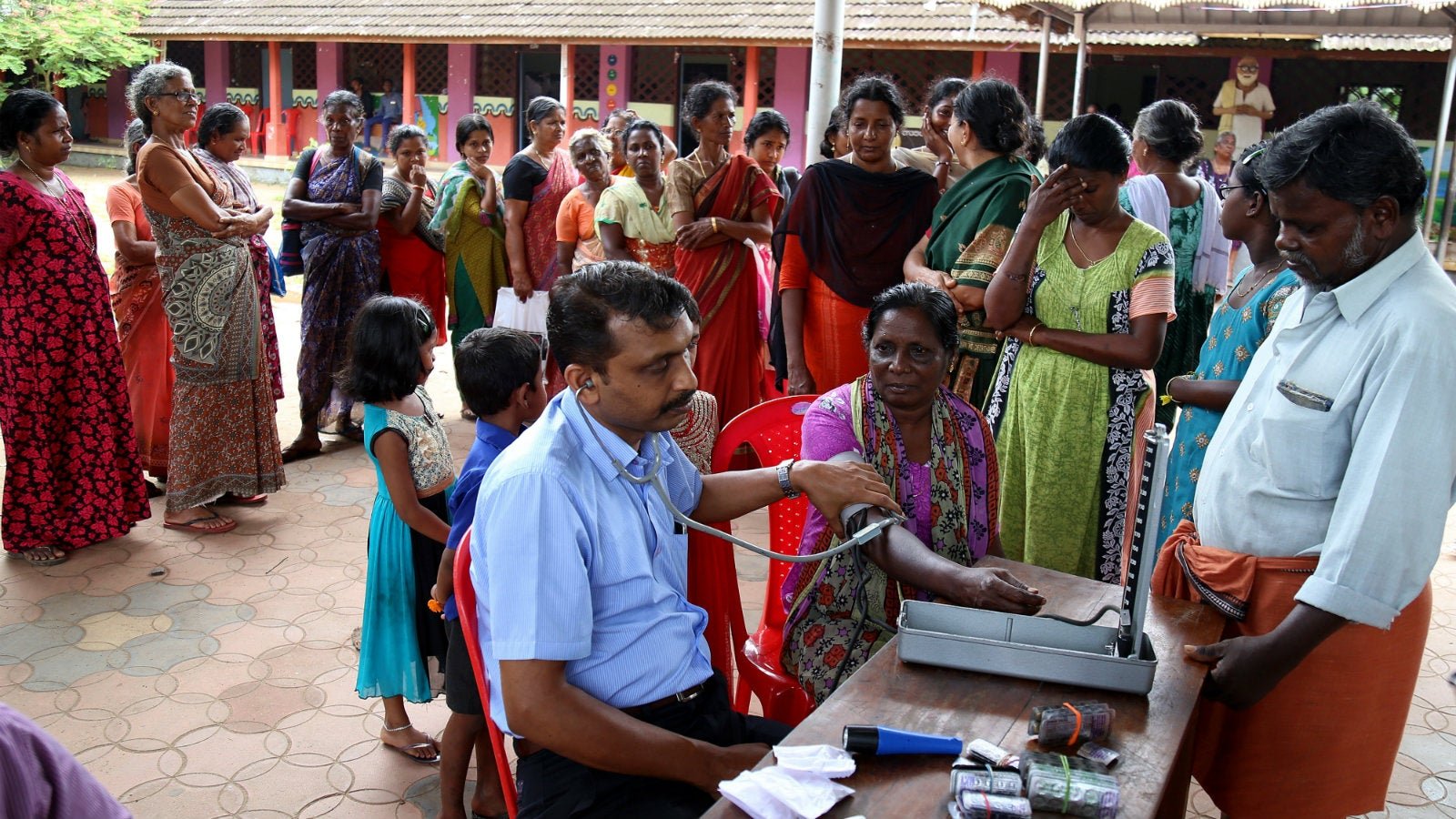In flood-hit Kerala, an easily treatable disease has killed nearly 70 people
Kerala, the southern Indian state just recovering from the worst floods in nearly a century, is now battling an outbreak of leptospirosis.


Kerala, the southern Indian state just recovering from the worst floods in nearly a century, is now battling an outbreak of leptospirosis.
At least 66 people have died in the state since Aug. 22 due to the bacterial infection that spreads through the urine of dogs, rodents, and farm animals. Ten persons died on Sept. 03 alone. Over 800 are suspected to have contracted it, according to the New Indian Express newspaper.
Last month, heavy monsoon rains inundated the entire state, leaving almost 500 people dead and over a million displaced. Wading their way to safety through dirty water has now put many at the risk of contracting diseases like leptospirosis.
The infection is caused by a bacterium found in the kidneys of certain animals. Their infected urine passes into the soil or water. The bacteria usually enter the human body through cuts and scratches or through the nose and mouth. The symptoms of the disease are similar to the flu: high fever, head and muscle ache, besides vomiting and diarrhea in some cases.
Normally, leptospirosis can be detected with a blood test and treated with antibiotics. So it’s not considered life-threatening, though in serious cases it may call for hospitalisation.
However, Kerala’s health services are already strained. The flooding ruined even one of its best hospitals, destroying Rs1.5 crore ($210,570) worth of medicines. Nearly 500 primary health centres, 137 community health centres, and 19 dispensaries were damaged. Together, these formed the backbone of the state’s primary healthcare system, considered one of the best in the country.
Earlier this year, Kerala had battled an outbreak of the rare Nipah virus which left at least 17 people dead and prompted the state government to set up fever clinics and special wards. Now, it has swung into action once again.
Besides issuing advisories on best precautionary practices and distributing thousands of antibiotic tablets, the government has reportedly set up special wards in several hospitals to treat leptospirosis. It also plans to conduct special camps to detect the infection early and keep the outbreak under control.